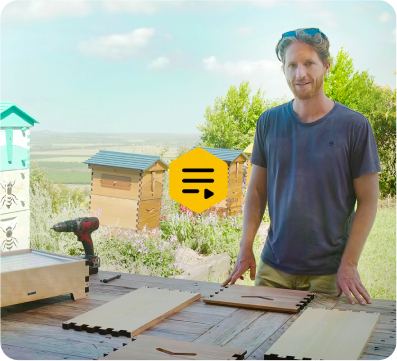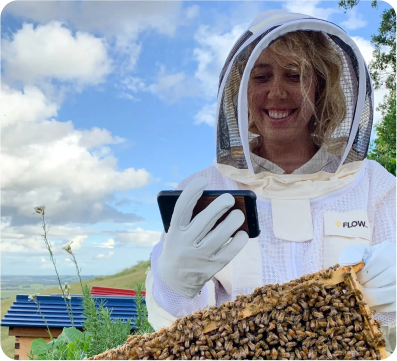Your Cart is Empty
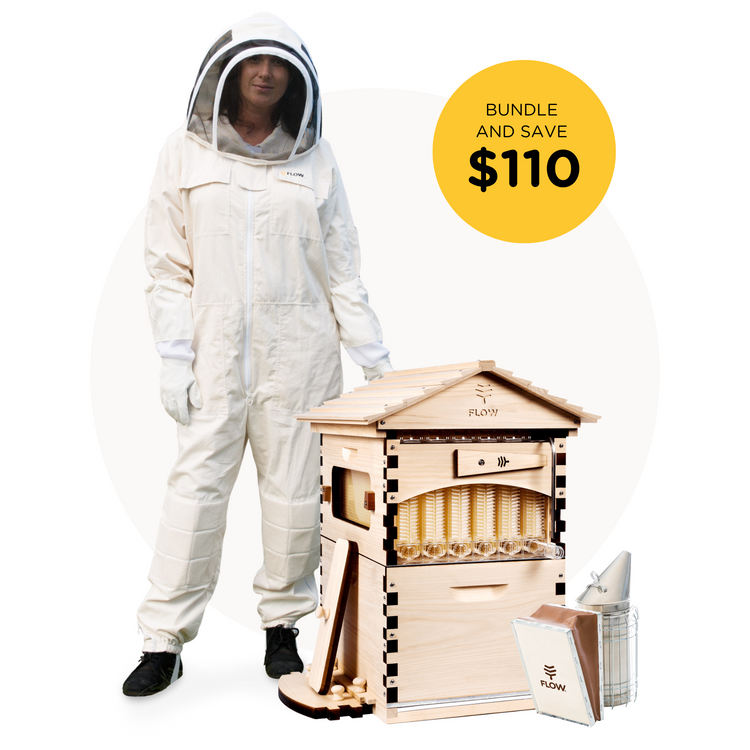
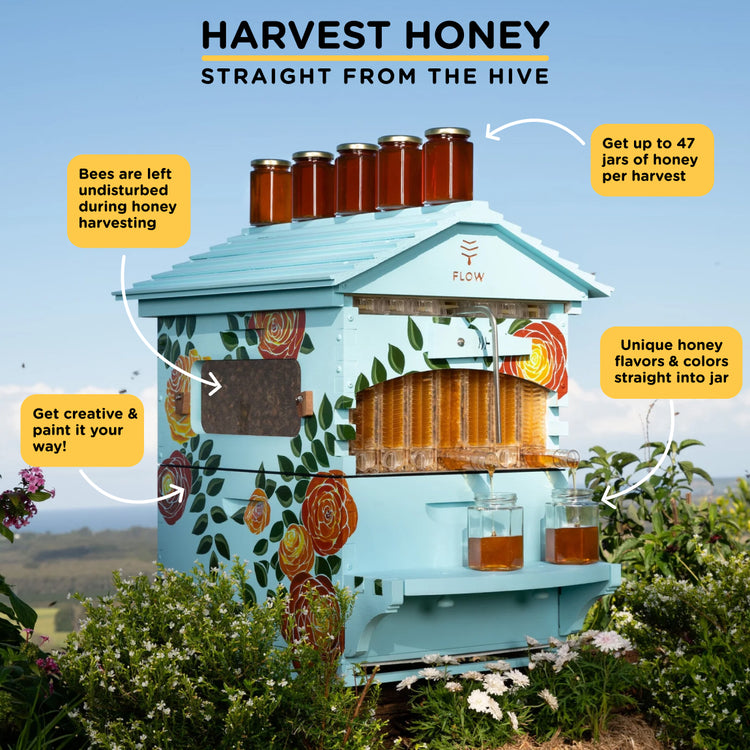
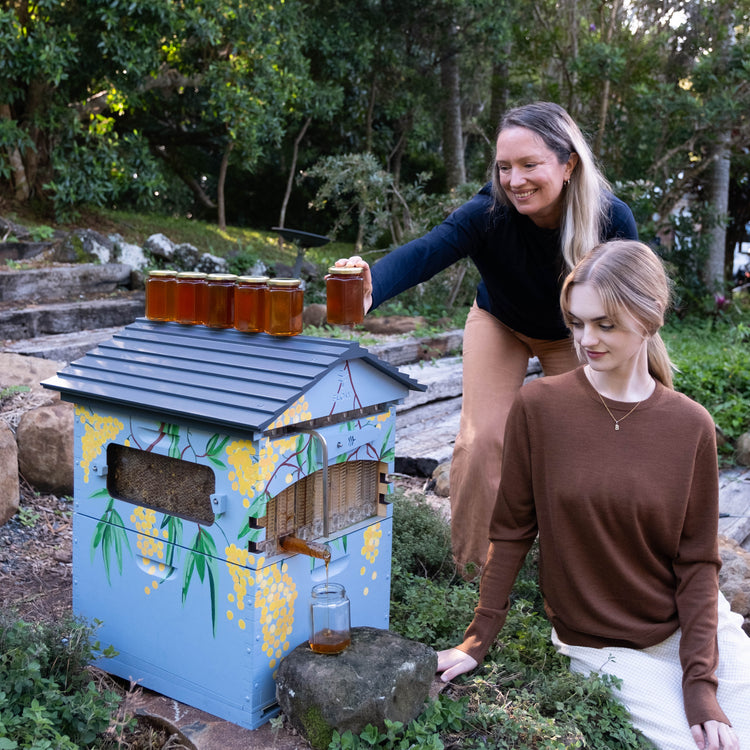
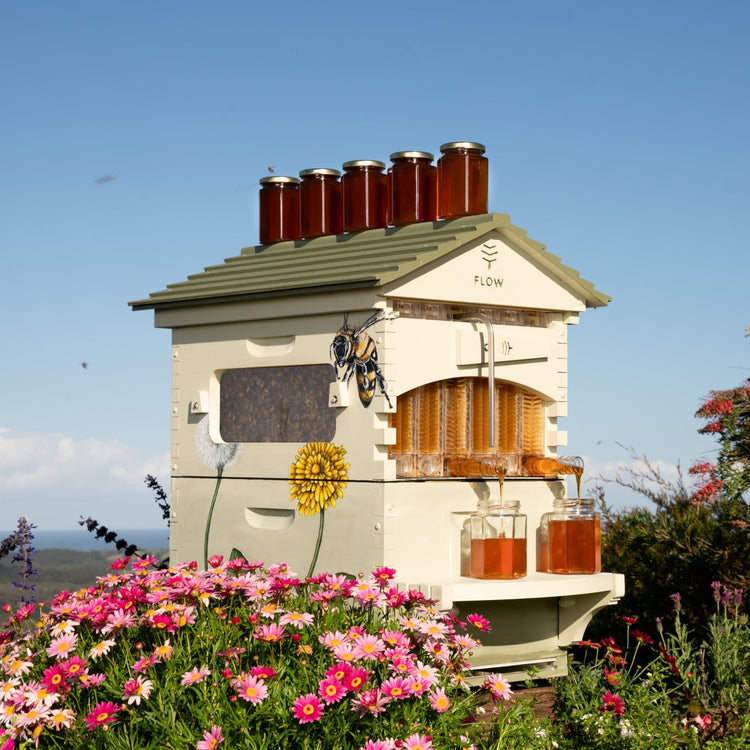
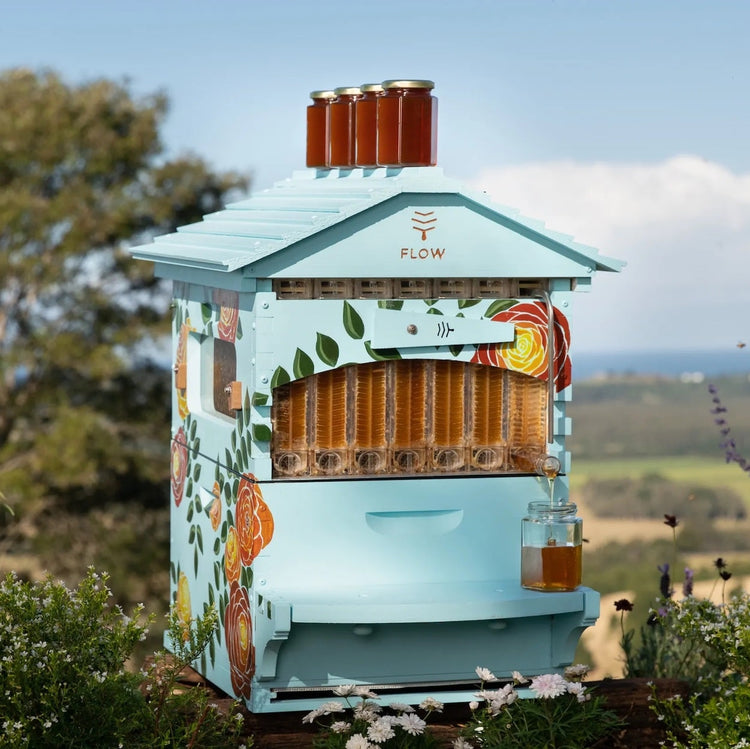
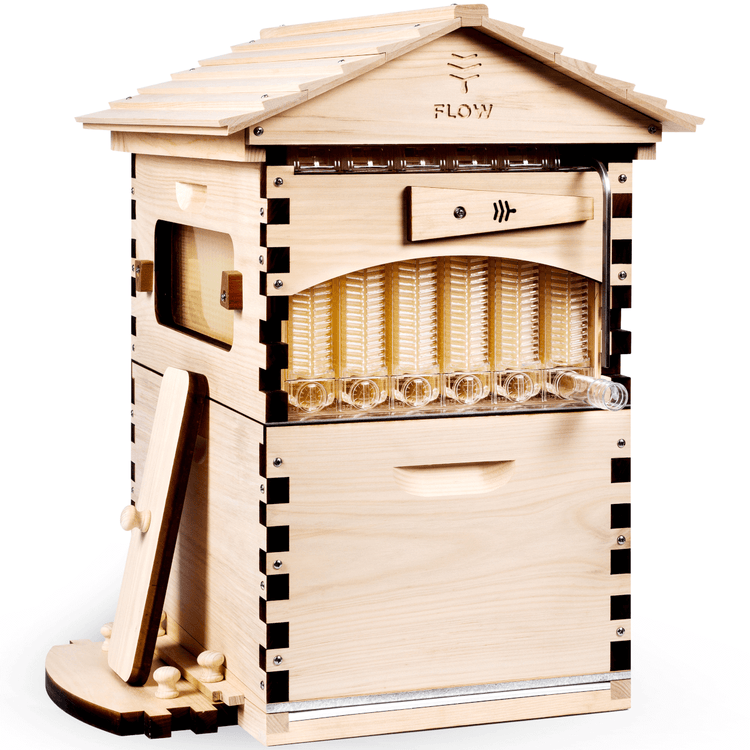
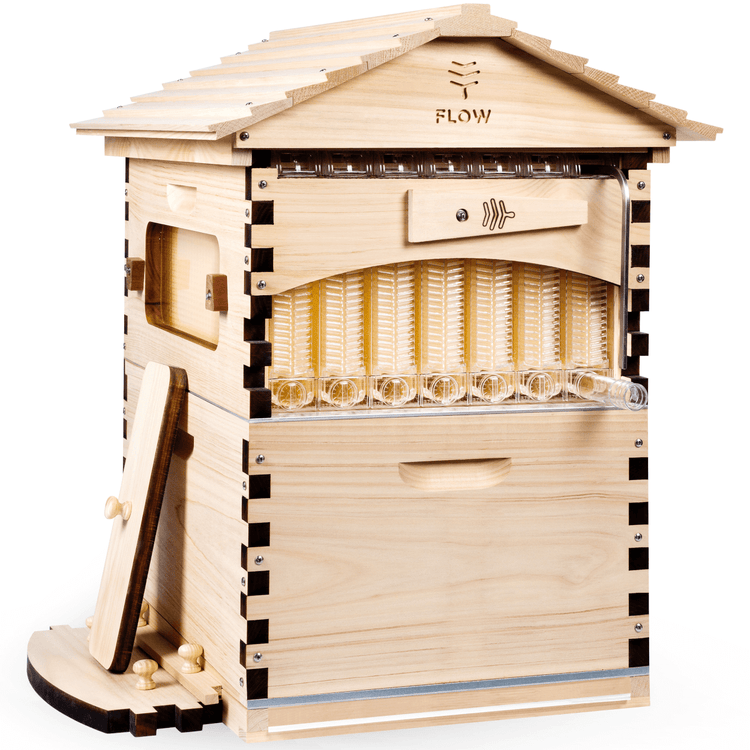
Step 1:
Get our Starter Bundle
Experience the award-winning invention that lets you harvest honey straight from the hive. Choose your hive and suit size to get started today. Learn more.
What you’ll receive
- Flow Hive Classic
- Organic cotton bee suit
- Beekeeping gloves
- Bee smoker
Why is summer a great time to start?
Busy Bees
With lots of flowers blossoming in summer, it's high season for honey production.

Sweet Rewards
Summer is often when beekeepers get to sample their first honey harvests of the year.

Splitting Time
Many beekeepers will split their hives in summer - making it a great time to source your first colony.

Sunny Days
Warm weather and long days provide great conditions for beekeeping tasks like hive inspections and honey harvesting.

Download our free beginner guide
Ready to take the first step? Learn beekeeping terminology – from queen excluders, to drone bees and all the parts of a beehive – by downloading our simple PDF guide to beekeeping to start your journey today.
We're here to support your beekeeping journey!
You can connect with our team via phone, email, live chat or through our social platforms. Cedar even answers your questions live streamed from the apiary every Wednesday!
Meet the Beekeepers
From Sydney to Pottsville, take a walk in another beekeeper’s shoes and see how beekeeping has shaped their lives.
What happens next?
-
Building a new home for your bees is an exciting part of your beekeeping journey.
It’s best to take your time and ensure that you get your assembly right.

-
It’s important to treat the timber on your hive to give it the best weather protection possible for your climate, especially the roof – it’s the first line of defence against the weather.
-
The good news is, you can keep a beehive almost anywhere! Especially a Flow Hive, as there is no need for additional processing equipment or for lugging heavy frames full of honey for harvesting.
From rooftops to balconies to backyards, it’s now possible to harvest honey directly from your hive.
Here are some tips to make sure your location of choice is good for you and for your bees.
-
An important part of getting your new hive up and running is ensuring that it’s registered*.
This step is a crucial part of becoming a beekeeper and helps protect our biosecurity.
*Check if your state or local county laws require registration

-
Part of beekeeping is ensuring you’re informed about things that may impact not only your bees but the wider beekeeping community, such as biosecurity.
From staying abreast of any industry news, to registering your hive, to knowing what to look for in terms of pests and diseases, understanding these practices now will set you up for success moving forward!
It is important to understand some basic safety guidelines to ensure that your beekeeping experience is a safe and positive one.Check out this Flow sponsored safety pamphlet covering common beekeeping safety risks and first aid responses.


















